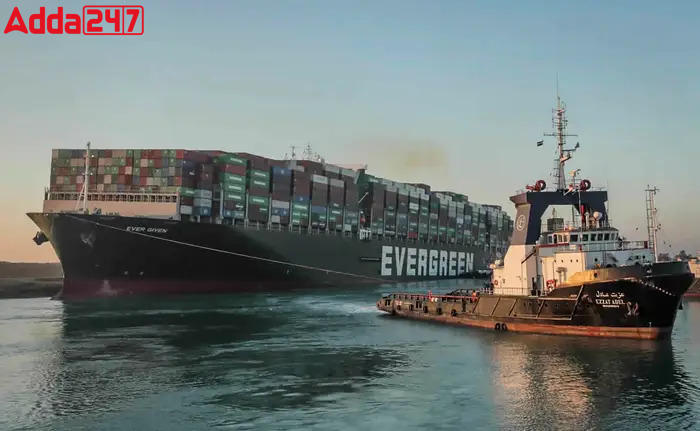Yemen’s Iran-backed Houthi rebels have intensified their attacks on ships in the Red Sea, citing revenge against Israel for its actions in Gaza. This has prompted the US and UK to launch strikes against Houthi targets in Yemen, leading to concerns about a broader regional conflict. The attacks have disrupted global trade routes, raising fears of a significant impact on the world economy.
Who are the Houthis and the Yemeni Civil War?
Houthi Origins: The Houthi movement, or Ansarallah, emerged in the 1990s under leader Hussein al-Houthi, advocating for Zaidism, a subsect of Shia Islam marginalized after the 1962 civil war. The Yemeni civil war began in 2014 when Houthi forces seized the capital, leading to a wider conflict in 2015 with a Saudi-led coalition attempting to counter them.
Current Humanitarian Crisis: The war has resulted in one of the world’s worst humanitarian crises, with millions in need of aid, widespread displacement, and significant casualties. A 2022 ceasefire lapsed after six months, and efforts to bring a permanent end to the conflict have proven challenging.
Houthi Allies and Power
Iranian Backing: Iran supports the Houthis, providing weapons and technology. The Houthis are part of Iran’s “Axis of Resistance,” along with Hamas and Hezbollah, targeting Israel.
Military Capabilities: Houthi missile capabilities have shown improvements, posing a threat in the Red Sea. Their attacks on ships have forced major shipping and oil companies to suspend transit, impacting global trade.
Motives Behind Red Sea Attacks
Economic Impact on Israel’s Allies: The Houthis aim to inflict economic pain on Israel’s allies by disrupting shipping in the Red Sea, a vital trade route. The attacks could lead to increased costs, affecting global supply chains and potentially causing a shock to the world economy.
Championing the Palestinian Cause: Targeting Israel aligns with the Houthi agenda to gain legitimacy domestically and regionally. It may also strengthen their position in Yemen by countering Arab adversaries.
Global Response
Multinational Efforts: Operation Prosperity Guardian involves over 20 countries deploying naval forces to safeguard shipping in the Red Sea. The UN Security Council has approved a resolution urging the Houthis to cease attacks.
US and UK Strikes: In response to Houthi attacks, the US and UK launched strikes on Houthi targets in Yemen. President Biden emphasized protecting international maritime vessels and the free flow of commerce.
Houthi Defiance: Despite global responses, the Houthis remain defiant, vowing to continue aggression against commercial ships in the Red Sea.
Important Takeaways For All Competitive Exams
1. Houthi Escalation in Red Sea:
-
- Yemen’s Iran-backed Houthis, retaliating against Israel, heighten attacks on Red Sea ships.
- Global responses include US and UK strikes, impacting trade routes and raising geopolitical tensions.
2. Impact on Global Economy:
-
- Houthi actions disrupt major shipping, affecting oil and gas giants and prompting economic concerns.
- Multinational efforts aim to safeguard maritime trade, highlighting the geopolitical significance of the Red Sea.
Important Questions Related to Exams
- What is the historical background of the Houthi movement in Yemen?
- Why are the Houthis targeting ships in the Red Sea, and what geopolitical consequences could arise?
- How has Iran supported the Houthi rebels, and what is their role in the “Axis of Resistance”?
- Describe the impact of Houthi attacks on global shipping and major oil companies.
- What measures have the US and UK taken in response to the Houthi escalation in the Red Sea?
- Explain the current humanitarian crisis in Yemen and its implications.
- How do Houthi actions in the Red Sea align with their broader regional and domestic objectives?
Kindly share your responses in the comment section!!



 Zelenskyy and Estonia’s New PM Discuss...
Zelenskyy and Estonia’s New PM Discuss...
 Ronald L. Rowe Jr. Named Acting Chief of...
Ronald L. Rowe Jr. Named Acting Chief of...
 Rahaab Allana Honored with French Arts a...
Rahaab Allana Honored with French Arts a...
